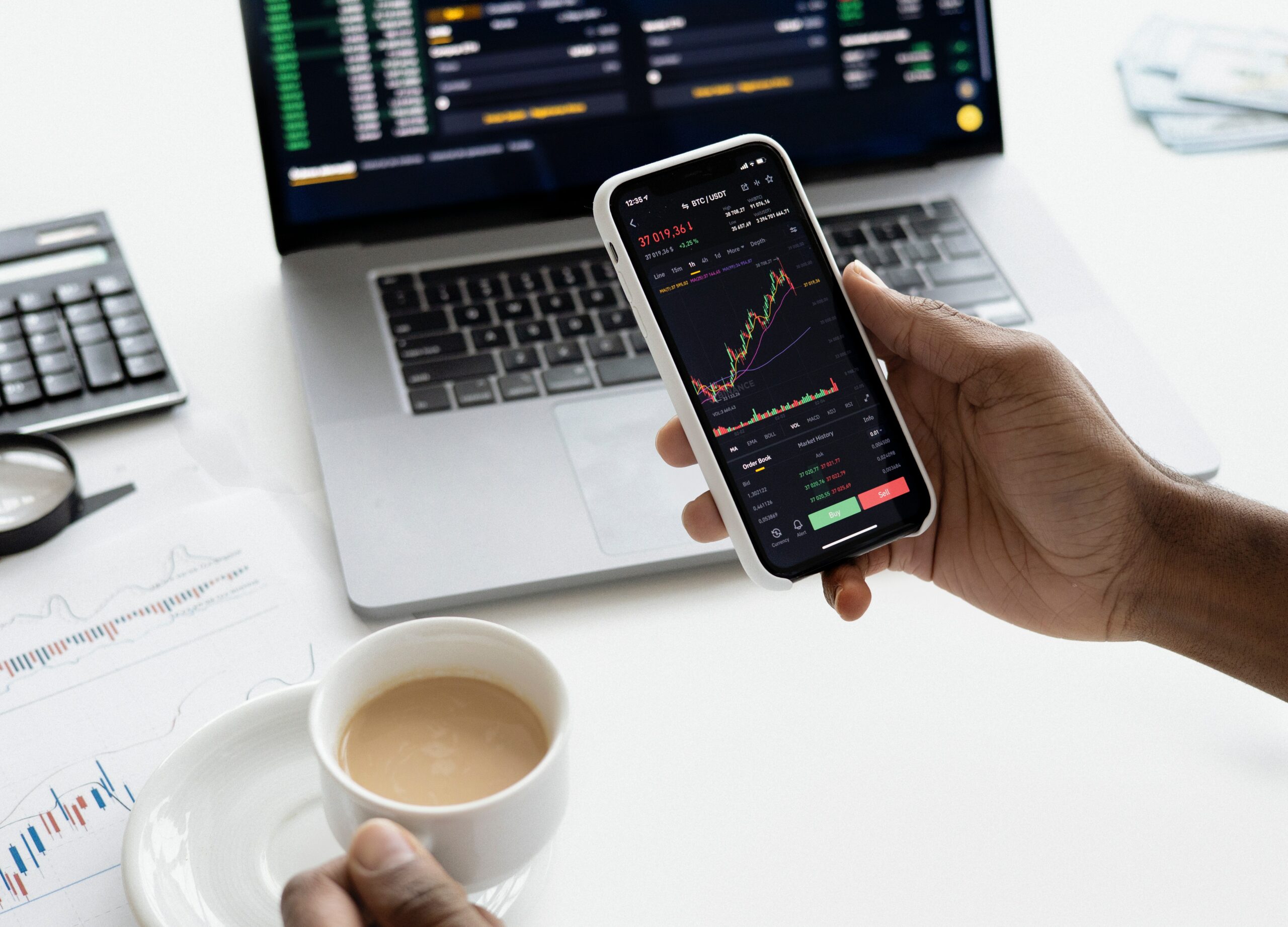ETFs enable investors to purchase a group of equities at once. This can be useful if you are unsure about picking one company over another.
ETFs designed to imitate key stock market indices such as the Dow, Nasdaq, and S& P 500 are solid to begin. They provide your portfolio with extensive exposure to the equity market in the United States.
Many traders diversify their portfolios or add diversity to them by investing in assets other than equities. For example, bonds are a popular strategy to diversify your investments and reduce risk during stock market downturns.
Individual stock selection is tricky. To make an informed decision, compare a company’s performance to its competitors using financial analysis ratios. This can assist you in ensuring that you are adding the greatest stocks to your portfolio.
What Type of Trade Is Best for You?
When you purchase or sell a traded asset, such as a stock or ETF, you can use a variety of trade orders. However, market orders and limit orders are the two most fundamental types.
Market orders are instantly processed or “executed.” As a result, the asset you are trading is sold at the best available price at the time.
Limit orders allow you to control the price you pay (or receive when selling). They may or may not act straight away. You instead establish a price at which you will buy or sell a certain asset. This provides you with more power to maximize your profits.
If you already hold a stock, you might consider putting a trailing stop-loss sell order. This allows you to keep the stock as long as the price rises and automatically sell when the price falls below a predetermined threshold.
No one order type is inherently superior to another. You can always have the correct tool for your scenario if you learn as many of them as possible.
How Much Will Trading Stocks Cost?
Expenses are one impediment to successful stock trading. This is the fee you pay to own or trade securities. A commission charge, for example, is one form of expense. Therefore, when selecting a brokerage, search for one with reasonable costs.
You may incur no costs if you buy individual stocks through a brokerage that does not charge commissions. However, before you begin trading ETFs, mutual funds, and other investments, you must first grasp expense ratios.
